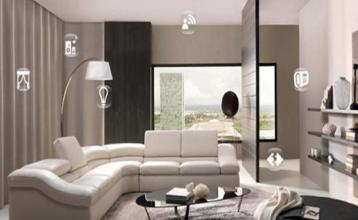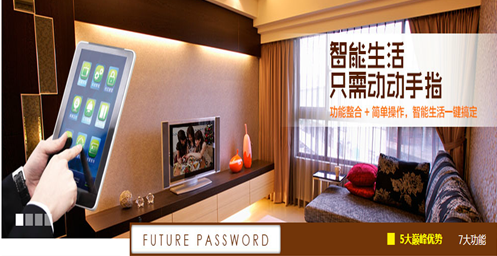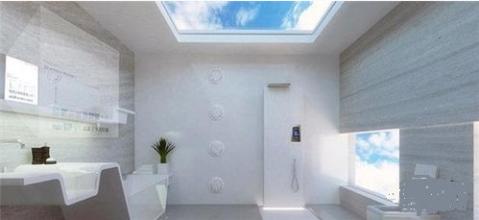As described in the previous section, smart home as an emerging market creates a fair opportunity for all companies. Again, this opportunity is fair to all practitioners. While embracing opportunities, they should think more about and accumulate the skills needed by the industry and become qualified Internet of Things people.

Being a qualified practitioner is like a craftsman in the Internet of Things era. It requires comprehensive skills, a focused and open mind, user-centered thinking, and analogy and trade-offs.
A. Comprehensive skills
As the book has always stated, the skills needed to make a smart home product are very comprehensive. Practitioners need to have a certain amount of accumulation in technology, experience and market to avoid bias in the process of designing products and operating products. Only with the three aspects of energy, can you create a good product. 
B. Focused and open mind
A focused and open mindset is an extension of the comprehensive skills base. Concentration is to earnestly play a good role in your position, and delve deeper into your area, and explore more possibilities in the depths. To open up, it is to learn to collaborate with peers in other roles, dare to cooperate with pioneers in other fields, and look for more opportunities in the wider field.
C. User-centered thinking
User-centricity is the concept of the Internet era and is also the basic requirement for product managers. In the era of Internet of Things, practitioners of all roles need to apply this concept to products and services. From the user's point of view, the smart home user community will be more extensive than the Internet, so it needs more attention and even personalized customization. From a product point of view, products are user-centric, so products appear only when users need them. They do not occupy users for a long time, and they do not “kidnail†users. In order to be user-centric, you can observe the user's use of the product and chat with the user about the product. Through this process, you can find many defects that are caused by self-righteousness. In addition, you can also leave the product aside and listen directly to the user's daily needs, because the smart home still solves the traditional needs, not the pseudo-demand created for the sake of intelligence.
D. Competence of analogies
Analogy is a commonly used method of solving problems in mathematics. By solving the analogy problem, one can guess and explore the solution to the original problem. As an emerging industry, smart homes do have many unprecedented problems. If only guessing and groping, the progress is often slow and the results are poor. However, if you look for some analogy examples from other industries, it will bring a lot of inspiration for solving problems. After all, the essence or reason behind many problems is the same. For example, some references to traditional industries in this book, even references to movies, are easy to understand. In fact, the ability of this analogy problem is also a migratable skill. Based on this ability, you can bypass the problem to more unknown issues. 
e. The ability to trade off trade-offs
Trade-offs and trade-offs are problems that will be encountered in the development of all decisions. It may be that both factors are important considerations, but they must be made. For product managers, this kind of decision-making problem is encountered. For example, in the learning algorithm of the thermostat, it is necessary to weigh the user's direct satisfaction and energy consumption; and it is also important for the market personnel, such as in the education market and in the short term. There is a trade-off between user growth. Of course, the best basis in the decision-making process is data, and the Internet of Things is an era without data. It is believed that with the development of technology and the drive of the market, data analysis in the field of smart homes will gradually take shape and provide objective support for decision-making.
In short, a craftsman in the Internet of Things era will be good at and focus on creating products that they are good at, giving them open genetics and user-centered principles, and welcoming more unknowns through analogy and trade-offs.
Led Bulbs,Led Bulb Price,Smart Light Bulbs,Motion Sensor Light Bulb
Shenzhen Chaoran Technology Corp. , https://www.chaoran-remote.com